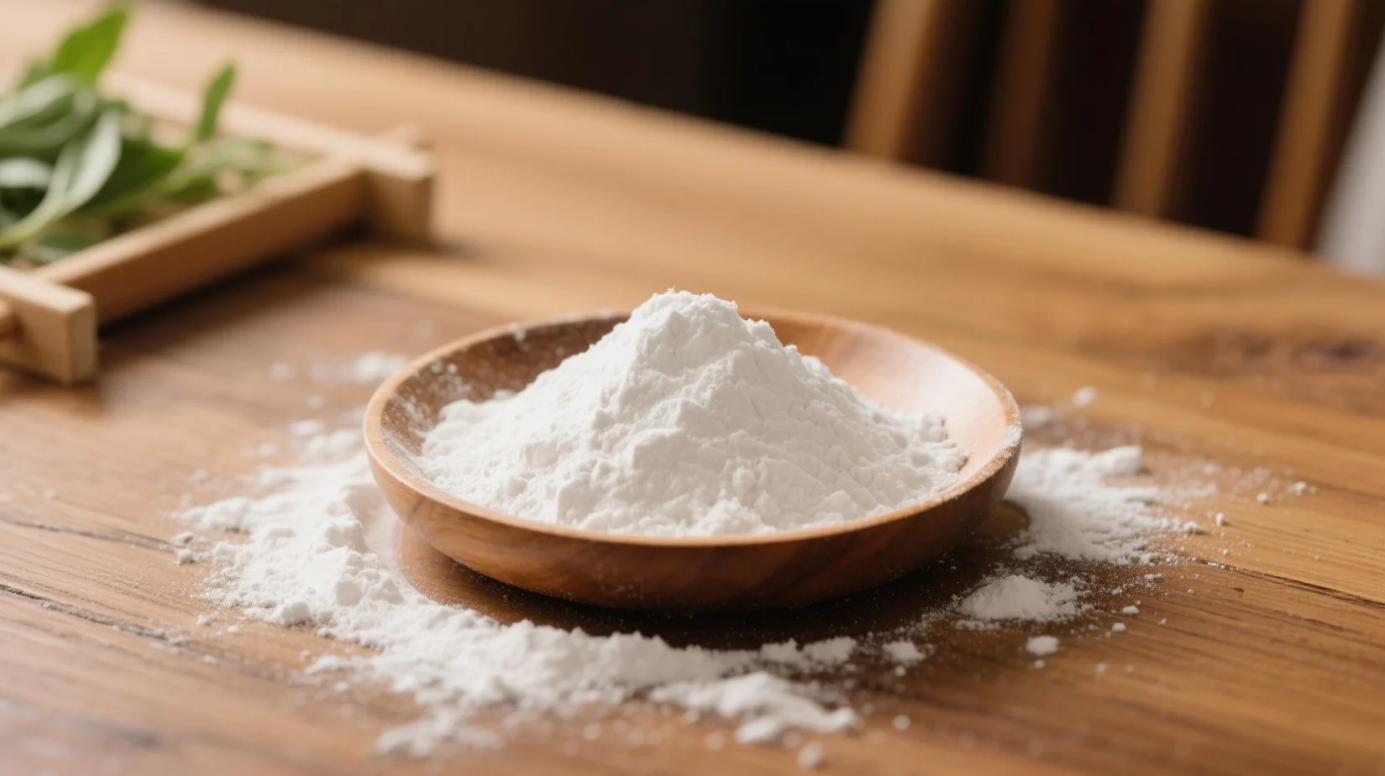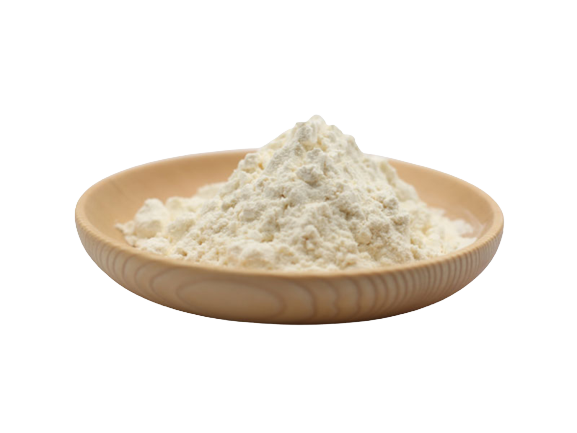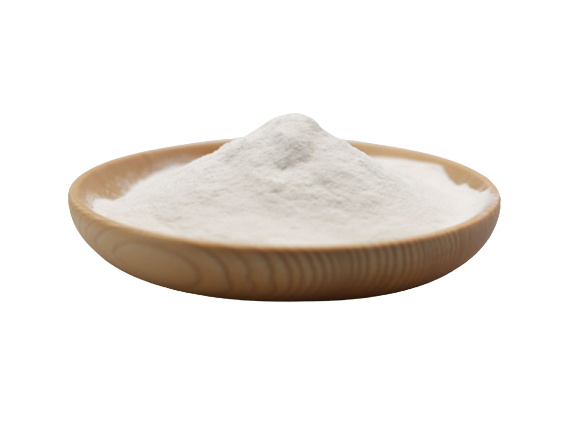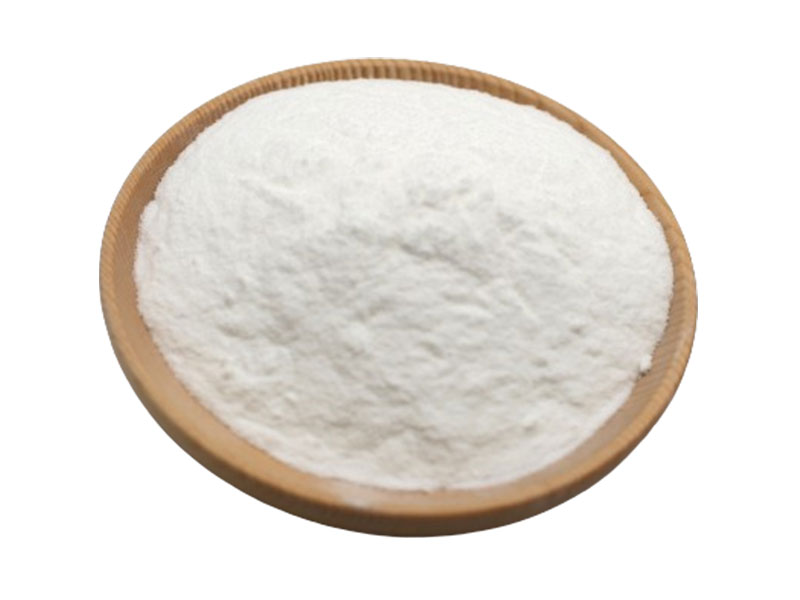Stevia 101: Nature’s Sweetest Paradox
Derived from the leaves of the Stevia rebaudiana plant, organic stevia extract powder is a zero-calorie, zero-glycemic sweetener 200–300x sweeter than sugar. Praised as a “natural” alternative to artificial sweeteners, it’s a staple in keto diets and diabetic-friendly products. But behind its green reputation lurk underreported side effects. Let’s separate the science from the hype.

The Stevia Spectrum: From Leaf to Extract
Not all stevia is equal:
- Whole Leaf Stevia: Crushed leaves contain steviol glycosides + bitter compounds (stevioside).
- Extracted Stevia: Purified Reb A (sweetest, least bitter) or Reb M (smooth aftertaste).
- Organic vs. Conventional: Organic stevia extract skips chemical solvents like ethanol and hexane used in refining.
Key Fact: Only high-purity steviol glycosides (95%+) are FDA-approved—crude extracts aren’t recognized as safe.
The Side Effects: When “Natural” Isn’t Neutral
1. Gut Rebellion
- Bloating and Nausea: 15% of users report issues, even with organic stevia, due to gut bacteria fermenting unmetabolized glycosides.
- Laxative Effect: High doses (>1,500mg/day) may trigger diarrhea (studies on rats show intestinal inflammation at extreme levels).
2. Hormonal Havoc
- Thyroid Concerns: In vitro studies suggest steviol glycosides may block iodine uptake, potentially affecting hypothyroid patients—though human data is lacking.
- Estrogen Interference: Rodent studies indicate stevia might act as an endocrine disruptor. No human evidence yet, but caution advised for hormone-sensitive conditions.
3. Bitter Aftertaste
- Genetic Variability: 30% of people perceive stevia as metallic or licorice-like due to TAS2R bitter taste receptors.
- Solution: Opt for organic stevia blends with erythritol or monk fruit to mask bitterness.
4. Blood Pressure Drop
- Hypotension Risk: Stevia may dilate blood vessels, lowering BP. A plus for hypertensives but risky for those on blood pressure meds.
5. Allergic Reactions
- Rash or Anaphylaxis: Rare cases linked to Asteraceae/ragweed allergy cross-reactivity.
Organic vs. Conventional Stevia: Does Purity Matter?
| Factor | Organic Stevia Extract | Conventional Stevia Extract |
|---|---|---|
| Processing | Water-based extraction | Chemical solvents (ethanol, hexane) |
| Pesticide Residue | None (USDA Organic certified) | Up to 12 pesticides detected |
| Additives | Often pure Reb A/M | May contain maltodextrin or dextrose |
| Bitter Aftertaste | Less intense (cleaner processing) | Harsher due to crude extraction |
Winner: Organic reduces chemical exposure but doesn’t eliminate inherent side effects.
Who Should Avoid Stevia?
- Pregnant Women: Limited safety data; some cultures use stevia to prevent pregnancy.
- Autoimmune Patients: Theoretical risk of immune modulation (no conclusive studies).
- Kidney Disease Sufferers: Purified glycosides are excreted via kidneys—consult a doctor.
Safe Usage Guidelines
- Start Small: 1–2 drops (liquid) or 1/8 tsp (powder) daily.
- Avoid Baking at High Heat: Breaks down stevia, increasing bitterness.
- Check Labels: Ensure “organic stevia extract” is the only ingredient.
- Monitor Blood Pressure: If on meds, track changes.
The Verdict: Sweetness with Caveats
Organic stevia extract powder is among the safest sugar alternatives when used responsibly. Its side effects—mostly digestive and taste-related—are mild compared to aspartame or sucralose. For purists, organic versions minimize pesticide and solvent risks, but moderation remains key.
Sweeten wisely. Your body isn’t a lab.
Related Products
Organic Monk Fruit Extract Powder
Zero-Calorie Natural Sweetener for Clean-Label Food, Beverage & Supplement Applications
Organic Stevia Extract
Clean-Label, Zero-Calorie Sweetener for Sugar-Free & Health-Conscious Formulations
Organic Maltodextrin Powder
Versatile Clean-Label Carbohydrate for Food, Beverage & Nutraceutical Applications


